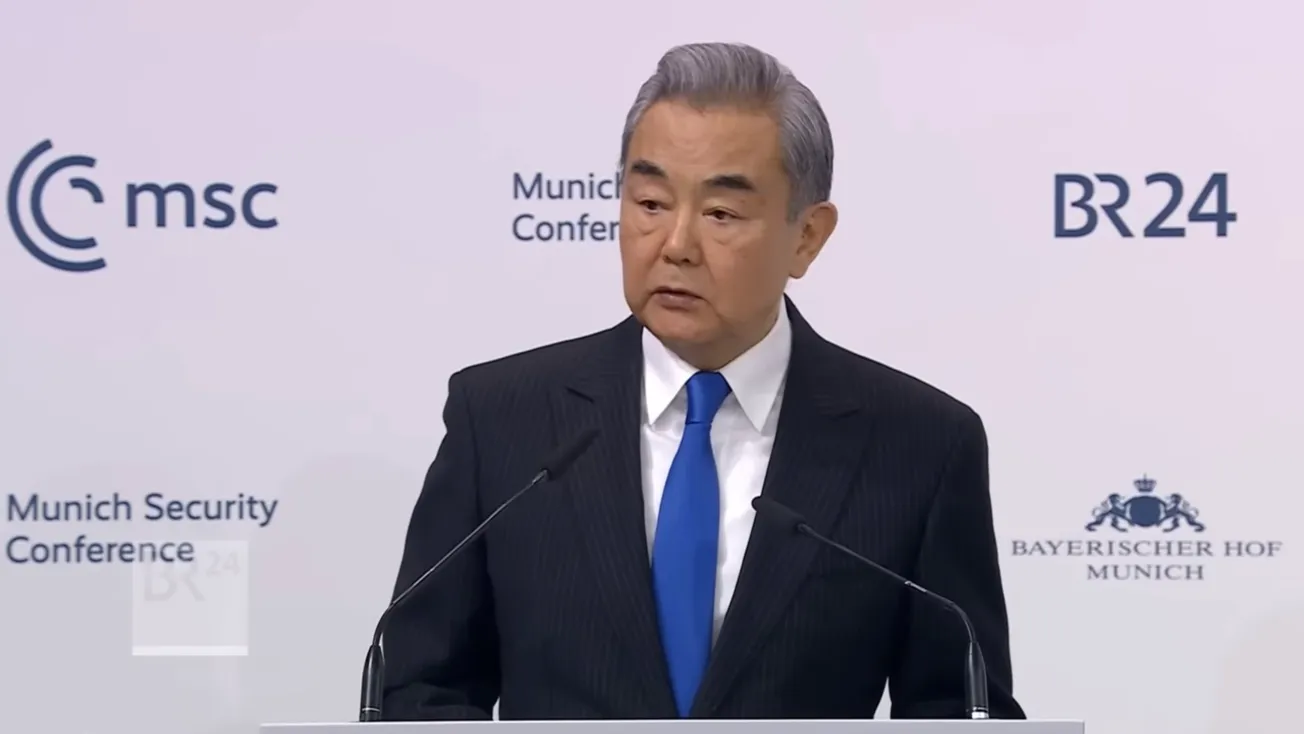Serious diplomatic efforts on the part of a number of concerned countries are all aimed at finding a way to a permanent peace between Israel and the Palestinians. Those efforts rely on a return to the UN approach and are centered on the two-state solution.
In Cairo, Egyptian President Abdel-Fattah el-Sisi said in an address to Turkish lawmakers that was aired by local TV channels: “The disproportionate use of force against the Gaza Strip, devoid of any moral grounds, may put Israel in a place globally that it does not want to be in. This conflict, being fought with disgraceful tactics, is not war, but mass murder.” El-Sisi has also stressed that Egypt is intensifying its efforts at all levels to halt the current military confrontations, spare the blood of the Palestinian people, and protect civilians on both the Palestinian and Israeli sides. He reiterated that a just and comprehensive peace based on the two-state solution is the path to achieving sustainable security for the Israeli people. “Egypt hopes for a resolution of the Palestinian issue through negotiations leading to a just peace and the establishment of a Palestinian state,” he explained. Al Ahram wrote that the Egyptian President had several phone conversations with world leaders including Saudi Crown Prince Mohamed bin Salman, Turkish President Erdogan, and the President of the U.A.E. Mohamed bin Zayed to explore ways to stop violence escalation.
Also speaking by phone were Russian President Putin and Turkish President Erdogan. “During the conversation, the leaders of the two countries discussed the process of the worrisome conflict between Israel and Palestine and measures on prevention of escalation of tensions,” the Turkish presidential office said, reported TASS. “The leaders focused on the rapidly deteriorating situation in the Palestinian-Israeli conflict zone. They expressed their deep concern at the continuing escalation of violence and the catastrophic increase in the number of civilian casualties,” according to the Kremlin readout. “Both leaders emphasized the need for an immediate ceasefire by both sides and resumption of negotiations and expressed mutual readiness to actively contribute to this end. The sides underscored that a long-term peaceful settlement of the Middle East crisis was only possible on the basis of the `two-state’ formula approved by the UN Security Council, which provides for establishing an independent Palestinian state within the 1967 borders with East Jerusalem as its capital.”
The Russian Foreign Ministry reported yesterday that Foreign Minister Lavrov spoke with Iranian Foreign Minister Hossein Amir-Abdollahian yesterday—on Iran’s initiative. Not surprisingly, their focus was on “the new round of the Palestine-Israeli conflict. They stressed the importance of efforts to put an end to the armed confrontation without delay and to settle the situation based on the well-known international legal documents.”
Saudi Crown Prince Mohammed bin Salman stated Riyadh’s “unwavering” support for Palestine in a phone call with Palestine President Mahmoud Abbas on Oct. 9, according to a TASS account. The Crown Prince told Abbas that he supported the “legitimate rights” of Palestinians, Saudi media reported, and said the current situation poses a threat to security and stability in the entire Middle East, for which reason Saudi Arabia will take “proactive efforts” to defuse the crisis. Saudi Arabia stands by the Palestinians in their pursuit of a “dignified life … [the] realization of their hopes and aspirations,” as well as a “lasting peace,” according to the Saudi Gazette.
The Gazette added that bin Salman also discussed the situation in Gaza with Jordanian King Abdullah bin Al-Hussein and Egyptian President Abdel Fattah el-Sisi. Both conversations were largely focused on preserving regional stability and preventing the conflict from spreading.



